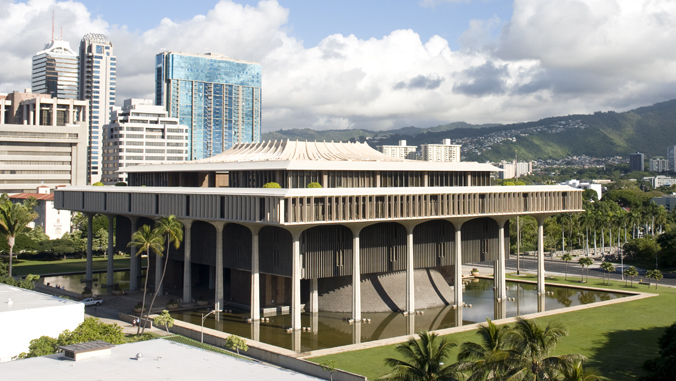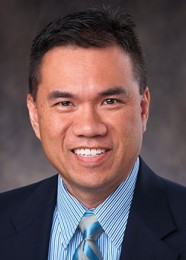

Kalbert Young, University of Hawaiʻi vice president for budget and finance and chief financial officer, shares his analysis of the 2021 legislative session to date.
The Hawaiʻi State Legislature held a special legislative session in early July to consider overriding and/or amending 27 bills vetoed by Gov. David Ige. Three of those bills significantly impact the University of Hawaiʻi.
The first is SB589 CD1, which was ultimately amended and passed during the special session. As I discussed in my May legislative recap of the 2021 legislative session, SB589 CD1 is complex because it contains several parts, unrelated to each other, that affect aspects of university operations.
UH leadership continues to have reservations with the amended version (SB589 AD1), especially regarding the UH Cancer Center and John A. Burns School of Medicine (JABSOM). With that said, we feel that collaborative efforts between UH staff and elements of the Legislature have resulted in a bill that largely addressed the concerns of both sides. Here are the updated components of the bill:
- Requires the UH Cancer Center to be administratively affiliated with JABSOM and may be merged to achieve greater efficiency. The restrictions on the Tuition and Fees Special Fund and the Research and Training Revolving Fund were removed.
- Requires UH to develop a plan for JABSOM and UH Cancer Center to achieve greater operational efficiencies.
- Extends the sunset of Act 38, SLH 2017, exempting UH‘s technology transfer activities from certain provisions of the state ethics code to June 30, 2024.
- Restores temporarily the provisions of Act 39, SLH 2017, reestablishing UH‘s innovation and commercialization initiative program to June 30, 2024 and prohibits program activities in which UH employees have a conflict of interest.
- Reenacts temporarily the changes made by Act 42, SLH 2018, allowing the UH president to act as UH‘s chief procurement officer for procurement contracts for construction and professional services under chapter 103D, HRS, until June 30, 2024.
The technology transfer and innovation and commercialization initiative program were top priorities for UH this legislative session and our efforts to develop alternative revenue streams. The procurement authority was also a priority as it provides greater efficiency when it comes to managing and completing capital improvement projects.
The second UH related bill is HB1299 CD1 that would repeal various non-general funds—including some UH funds—and transfer any unencumbered balances to the general fund. During the special session, the legislature did amend and passed the bill (HB1299 AD1) but unfortunately the UH funds remained in the measure.
The governor has until July 22, 2021, to sign both bills into law. If he does not, the vetoes would remain.
The third and final bill related to UH is HB1296 CD1, which was ultimately vetoed as the legislature did not vote to override. The bill would have, among other things, ceased the deposit of Hawaiʻi Tobacco Settlement Fund money into the University Revenue-Undertakings fund on July 1, 2033, and required UH to pay for the fringe benefit costs for non-general funded positions. The fringe benefit component alone could have cost UH an estimated $15 million more a year. That would have been on top of the roughly 9% budget reduction, or about $45 million in each of the next two fiscal years, that the UH System received during the regular legislative session.

